Partner Facilities
If we cannot handle a waste stream at one of our facilities, then we are partnered with a business that can. We send zero waste direct to landfill and all our partner facilities meet our strict sustainability standards.
Throughout our long history, we have built up close partnerships with leading waste management experts and external facilities across the UK. Through this network we are able to provide our clients with services that ensure all of their waste is being handled and treated in the most sustainable way possible.
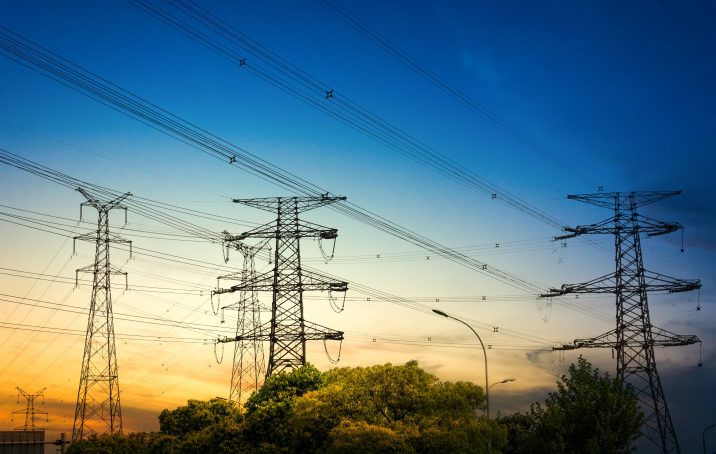
As our facilities are dedicated to sorting recyclable waste, Bywaters sends all the non-recyclable waste we receive for recovery through energy from waste (EfW). Through this process, waste is incinerated and the resulting heat is used to provide energy to households in the UK.
To keep our carbon emissions as low as possible, we transport all this non-recyclable waste to specialist facilities by barge along London’s waterways. This not only leads to fewer emissions released by our operations, but also saves a significant amount of vehicle movements on London’s roads and eases congestion.
We maintain similar partnerships with HTI (High Temperature Incineration) facilities that specialise in clinical waste, also generating power for the National Grid. You can find out more about this process lower down on this page.
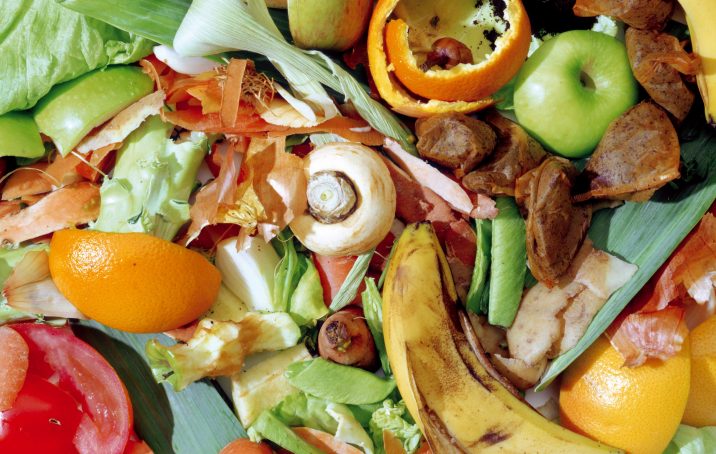
In order to recycle your food waste effectively, we send it – along with other sorts of biodegradable waste – for anaerobic digestion (AD) at a partner facility. This method saves between 0.5 and 1 tonne of CO2 from entering the atmosphere per tonne of food waste diverted.
AD involves placing the waste in sealed tanks to decompose, releasing methane, which is then captured and used to produce energy – either in the form of electricity or heat for buildings in the UK.
The residual waste (digestate) is then taken for use as fertiliser – creating a closed-loop circuit in which food waste is used to help grow new food for consumption.
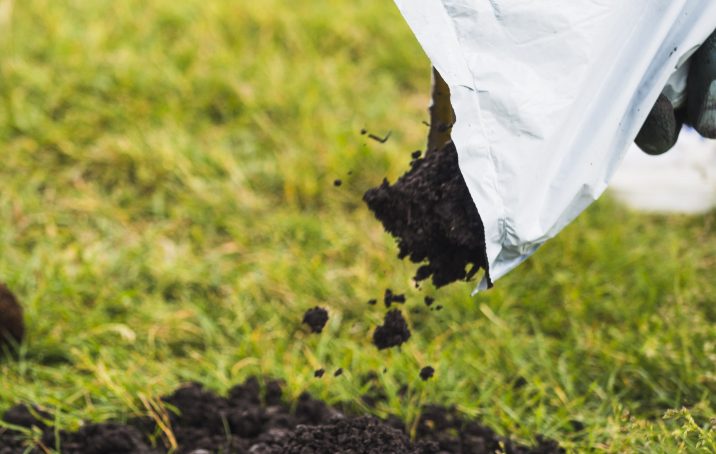
Not all biodegradable waste is suitable for anaerobic digestion, and we dispose of this waste sustainably through composting. Composting is particularly common when it comes to recycling green waste. The two primary forms of sustainable composting used by Bywaters are windrow composting and in-vessel composting.
Windrow composting partners place the compostable material outside in rows. These rows (windrows) are usually around 5 feet high and have to be turned regularly in order to ensure that the waste decomposes at a consistent rate.
In-vessel composting partners facilitate the composting process in a sealed environment. This method takes up less space than windrow composting, and is easier to control using technology that can maintain a constant heat and mechanically turn/mix the waste.
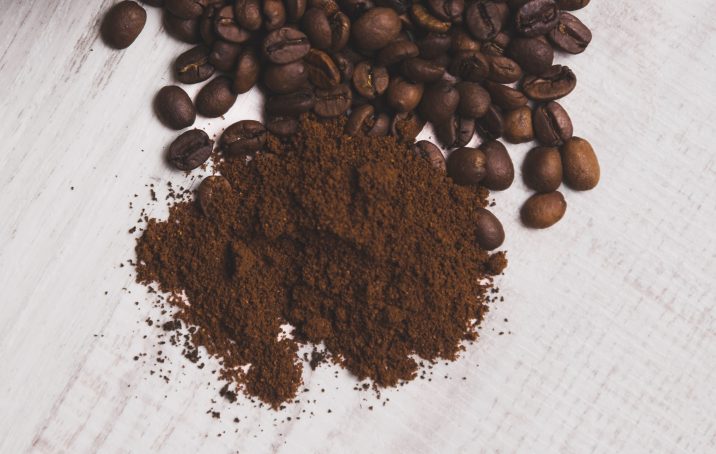
Bywaters have strong relationships with partner facilities able to process and recycle both disposable coffee cups, and waste coffee grounds themselves, turning these complicated waste streams into new and sustainable products.
Specialist mills are able to strip and separate the plastic and paper components of disposable cups, allowing each stream to be properly recycled, while coffee grounds are processed into energy-efficient bio-fuels for industrial and commercial use.
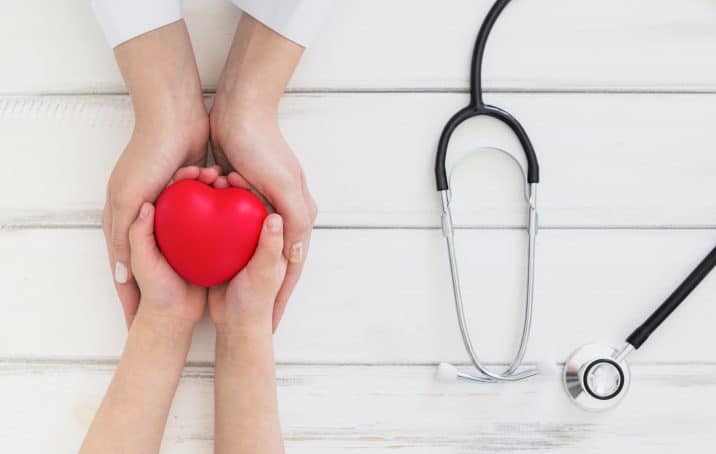
Bywaters is London’s largest provider of waste services to the healthcare sector, partnering with a variety of companies across the UK to ensure every element of our clients’ clinical waste is handled both safely and sustainably.
We collect our customers’ waste in UN-approved containers before diverting clinical waste for sterile high temperature incineration, eliminating any health risks associated with the waste and generating energy used to power homes in London.